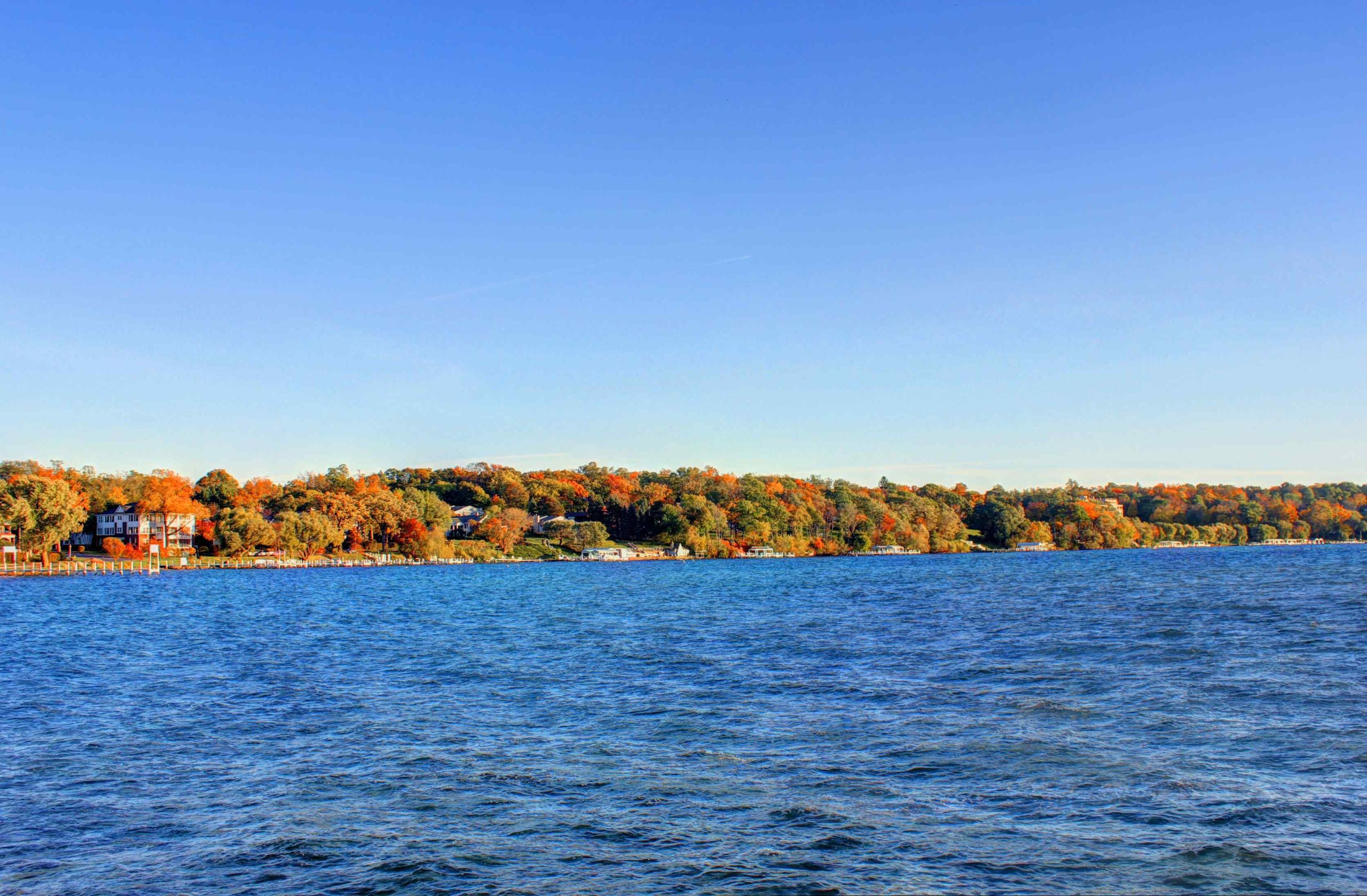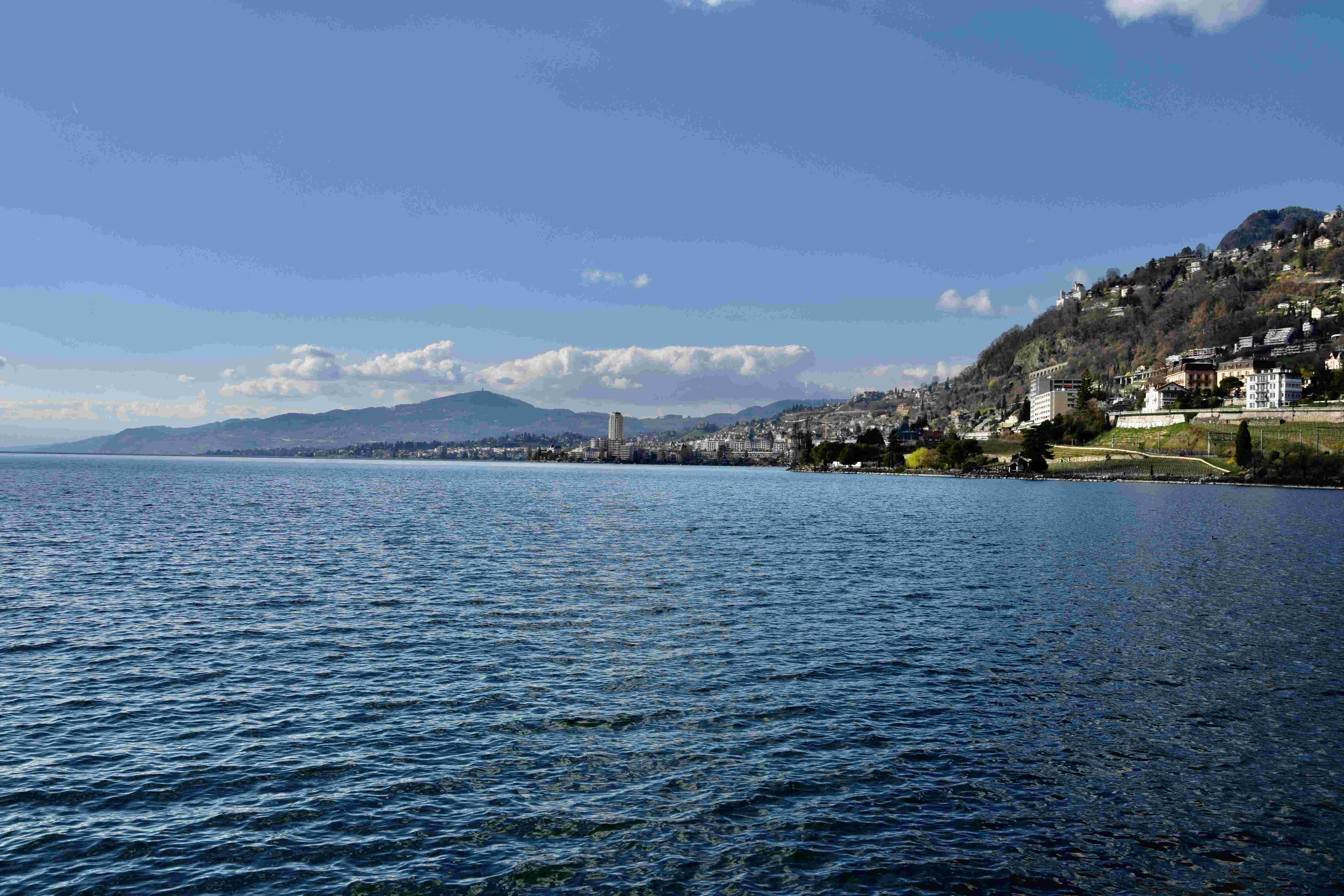Lake Geneva, Wisconsin, is renowned for its pristine waters and scenic beauty. This article delves into the current state of Lake Geneva’s cleanliness, examining water quality metrics, pollution levels, and ongoing efforts to maintain its ecological balance. We’ll explore the lake’s status as a popular tourist destination and address concerns about its cleanliness to provide a comprehensive understanding of Lake Geneva’s environmental health.
What Are the Current Water Quality Metrics for Lake Geneva?

Lake Geneva boasts impressive water quality metrics that contribute to its reputation as a clean and healthy body of water:
- Water Clarity: The lake falls into the mesotrophic to oligotrophic category, indicating low to medium productivity levels and medium to high water clarity.
- Secchi Disk Reading: Over 33 feet, which is considered very good and reflects excellent water transparency.
- Recreational Standards: Meets recommended water quality standards for recreational activities.
- Aquatic Life Support: Supports warm water fish and other aquatic life, meeting necessary quality standards.
How Does Lake Geneva Compare to State and Federal Cleanliness Standards?

Lake Geneva generally meets or exceeds state and federal standards for water quality:
- Recreational Use: Meets recommended standards for safe recreational activities.
- Aquatic Life Support: Fulfills requirements for supporting diverse aquatic ecosystems.
- E. coli Levels: Regular testing at public beaches shows compliance with safety parameters.
However, it’s important to note that specific pollutant concentrations are not extensively detailed in available sources.
What Are the Main Pollution Concerns for Lake Geneva?
While Lake Geneva maintains good overall water quality, there are several pollution concerns:
- Invasive Species:
- Presence of starry stonewort
-
Potential to alter ecosystem and water quality
-
Nutrient Loading:
- Caused by high development and increased rainfall
-
Can impact water quality and ecosystem balance
-
Boating Impacts:
- Enhanced wake boats may erode shorelines
-
Increased boating traffic can stir up sediments
-
Runoff:
- High development in the watershed leads to increased runoff
- Potential for pollutant loading into the lake
What Remediation Efforts Are in Place to Keep Lake Geneva Clean?
Several initiatives are underway to maintain and improve Lake Geneva’s cleanliness:
- Lake Management Plan Update:
- Conducted by Southeastern Wisconsin Regional Planning Commission (SEWRPC)
-
Includes updating in-lake data sets and inventorying watershed conditions
-
Water Quality Testing:
- Regular testing by Geneva Lake Environmental Agency (GLEA)
-
Weekly e. coli tests at public beaches
-
Invasive Species Control:
-
Hand-pulling and other measures to manage starry stonewort populations
-
Watershed Management:
- Projects like the Windwood Creek watershed demonstration
-
Examination of watershed influence on lake health
-
Stakeholder Engagement and Education:
- Key component of the updated Lake Management Plan
- Fosters cooperation in addressing water quality concerns
How Does Lake Geneva’s Cleanliness Affect Tourism and Recreation?
Lake Geneva’s cleanliness plays a crucial role in its appeal as a tourist destination:
| Aspect | Impact on Tourism |
|---|---|
| Water Quality | Supports various water activities and attracts visitors |
| Beach Safety | Regular e. coli testing ensures safe swimming areas |
| Boating Regulations | Maintain ecosystem balance while allowing recreational use |
| Environmental Events | Raise awareness and engage tourists in conservation efforts |
What Ongoing Studies Are Being Conducted to Monitor Lake Geneva’s Health?
Several studies are currently in progress to assess and maintain Lake Geneva’s health:
- Tributary Water Quality Evaluation:
- Focus on areas like Bigfoot Creek
-
Addresses concerns about ‘red water’ and other pollutants
-
Boating Impact Studies:
- Developing guidelines for enhanced wake boat operation
-
Assessing impact on shoreline erosion and water quality
-
Nearshore Fisheries Survey:
-
Monitors fish populations and ecosystem health
-
Aquatic Plant Survey:
-
Tracks native and invasive plant species
-
Macroinvertebrate Survey:
- Assesses overall ecosystem health through indicator species
Conclusion: Is Lake Geneva Wisconsin Clean?
Based on the available data and ongoing studies, Lake Geneva, Wisconsin, can be considered clean. The lake meets water quality standards for recreation and aquatic life support, with good water clarity and regular monitoring in place. However, challenges such as invasive species, nutrient loading, and development impacts require continuous attention and management efforts.
The lake’s cleanliness is maintained through a combination of regular testing, environmental assessments, and community-driven initiatives. While there are areas of concern, the overall health of Lake Geneva remains good, making it a safe and enjoyable destination for both residents and tourists.
As environmental conditions can change, it’s advisable for visitors to check current water quality reports and beach advisories before planning water activities. The ongoing efforts to update the Lake Management Plan and address emerging concerns demonstrate a commitment to preserving Lake Geneva’s cleanliness for future generations.
